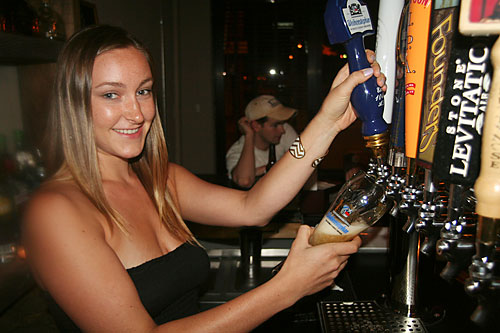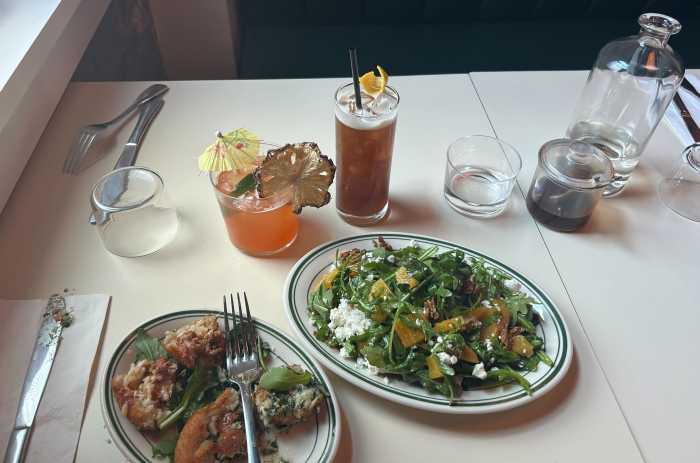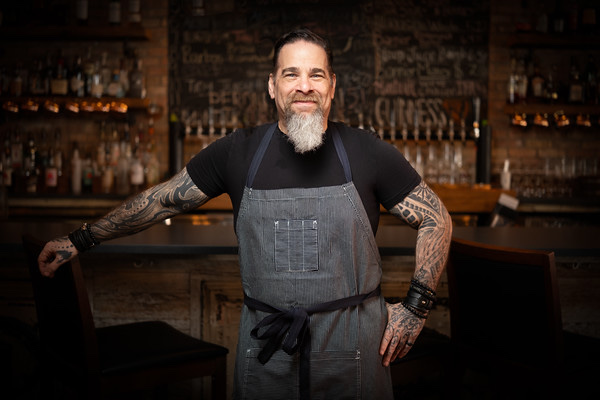A Williamsburg community board has abandoned — at least for now — a bid to halt new bars from coming to the booze-saturated neighborhood.
Community Board 1’s Public Safety Committee tabled a proposal by board Chairman Chris Olechowski to deny new liquor licenses to bars opening on residential side streets or within 500 feet from another bar — a proposal that would have effectively created a moratorium on new taverns.
The proposal was squelched on Thursday night as the regular meeting dragged on long into the night.
But bar owners and would-be bar owners — and a State Liquor Authority official — were on hand to angrily lambast the proposal, pointing out that new bars create jobs and attract free-spending crowds that improve the local economy.
“As long as people are respectful, a blanket moratorium would be indiscriminate,” said Moto’s John McCormick who wants to open a new restaurant called Coldwater Flats on Graham Avenue. “Licenses should be judged on a case-by-case basis.”
The State Liquor Authority has essentially agreed, saying that it had no intention of following a blanket moratorium by this, or any, community board — whose votes are advisory anyway.
But longtime residents said that the neighborhood is oversaturated with bars. And Olechowski was adamant that the board should address quality-of-life issues.
“Who do we work for, the State Liquor Authority or the community?” said Olechowski. “[The liquor license proposal] is a starting point.”
Olechowski floated the moratorium a month ago , modeling his proposal on a similar proposal to curb bars in the East Village.
“When we hear that trash cans are set on fire by rowdy drunken passersby or that knife fights break out in the middle of the street by staggering inebriated bar patrons, we cannot and must not sit by idly waiting until something tragic happens,” said Olechowski.
But some business leaders said that Olechowski’s Prohibitionist bent is misguided.
Greenpoint Business Association co-chair Eric Hall thinks the police should step up enforcement of existing nuisance laws, and the city should increase the penalty for breaking them.
“A [moratorium] might prevent additional problematic establishments from popping up, but it won’t do anything to correct the problem with the existing licensed establishments,” said Hall.
But Community Board 1 member Ward Dennis said that the idea of some kind of moratorium could return in the future.
“Chris’ latest recommendations make sense and are a reasonable approach towards controlling licenses to the extent that we can,” said Dennis. “We will review other policies and look at existing license applications through that lens to see how the policies might work for us.”


























